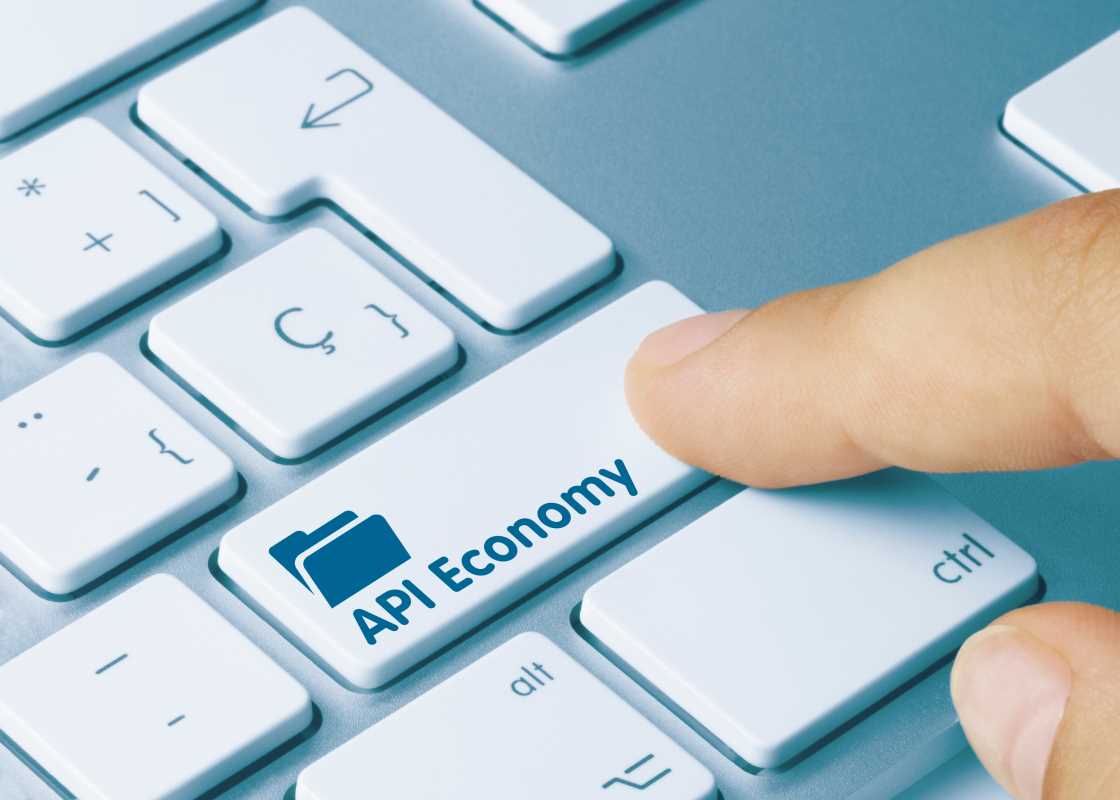Credit cards offer a convenient way to make purchases, earn rewards, and build credit, but errors on your credit card statement can pose significant risks to your financial health. Whether due to human error, technical glitches, or fraudulent activity, credit card mistakes can quickly snowball into larger financial issues if left unresolved. These errors can lead to unexpected financial loss, harm your credit score, and cause stress and frustration. To protect your financial well-being, it’s essential to understand how credit card errors can impact your finances and what steps you can take to address them.
Financial Loss and Stress
One of the most immediate consequences of credit card errors is the potential for financial loss. Mistakes such as incorrect charges, double billing, or being charged for items you never purchased can disrupt your budget, making it difficult to manage your monthly finances. Even a relatively small error can cause unnecessary stress, particularly if you rely on a strict budget or have limited disposable income. For example, an unauthorized charge for a product you didn’t buy can be a significant burden, particularly when it goes unnoticed for an extended period.
Beyond the immediate financial strain, these errors can lead to more long-term consequences. If the incorrect charges aren’t resolved in a timely manner, you may be hit with additional fees and interest, exacerbating the problem. This is why it's critical to regularly review your credit card statements and compare them with your actual purchases. Keeping track of all transactions and ensuring that you’re not being charged in error will allow you to catch any mistakes early, giving you the opportunity to dispute and resolve them before they escalate.
Fraud and Unauthorized Charges
Unauthorized charges on your credit card are a clear signal of potential fraud, which can jeopardize both your financial security and personal identity. Fraudulent activity on your credit card can have devastating effects if it goes unchecked. It can not only damage your credit score but also lead to identity theft, where criminals use your personal information to open new accounts, apply for loans, or engage in other forms of fraud.
The impact of fraudulent transactions on your credit card can be severe, but there are ways to prevent and address this issue. Vigilantly monitoring your credit card statements allows you to detect unauthorized transactions early, giving you the chance to report the issue to your card issuer and take swift action. Credit card companies often have robust fraud protection measures, but you must act quickly to prevent further unauthorized charges. Most issuers offer zero-liability policies for fraudulent transactions, meaning you won’t be responsible for the charges as long as you report them in a timely manner.
In addition to monitoring your credit card transactions, consider setting up alerts that notify you of any new purchases or account activity. These notifications can help you stay on top of your spending and detect any suspicious charges immediately. By taking proactive steps to protect your financial information, you can mitigate the risks of fraud and unauthorized transactions.
Impact on Your Credit Score
Inaccuracies on your credit card statement can negatively impact your credit score, a critical factor in your overall financial health. Your credit score is used by lenders, landlords, and even potential employers to assess your creditworthiness. Incorrect charges, billing errors, or late payments reflected on your statement can cause your credit score to drop, making it more difficult to access credit or secure favorable interest rates in the future.
For instance, if your credit card issuer incorrectly reports a late payment or inflates your account balance, it can reduce your credit score. This could affect your ability to secure a loan, mortgage, or other lines of credit, often at the worst possible time. Since your credit score influences everything from your mortgage rate to the terms of a car loan, any damage to your score can have a cascading effect on your financial situation.
Regularly reviewing your credit report is one of the most effective ways to catch these errors before they do serious damage. If you notice inaccuracies, you should dispute them promptly with both the credit card issuer and the credit reporting agencies. Addressing these issues early will prevent them from dragging down your credit score and potentially harming your financial future.
The Process of Disputing Credit Card Errors
Disputing credit card errors can be a time-consuming process that requires diligence and patience, but it’s essential for protecting your financial health. The first step is to contact your credit card issuer as soon as you notice an error on your statement. Most credit card companies have formal dispute processes in place and will request that you provide supporting documentation to back up your claim. This could include receipts, copies of your statement, or other forms of proof to demonstrate the error.
Once you’ve reported the issue, it’s important to keep detailed records of all communications with your credit card issuer, including the date and time of conversations, the name of the representative you spoke to, and any reference numbers provided. Persistence is key, as disputes can sometimes take weeks or months to resolve. If your credit card issuer doesn’t address the issue to your satisfaction, you have the option of escalating the matter to a regulatory agency, such as the Consumer Financial Protection Bureau, or seeking legal assistance to resolve the dispute.
The sooner you take action to resolve credit card errors, the better your chances of mitigating the financial impact. By staying organized and following up regularly, you can help ensure that your rights as a consumer are protected and that the error is rectified as quickly as possible.
Credit card errors, whether the result of human error, technical glitches, or fraud, can have a significant impact on your financial health. From financial loss and stress to damage to your credit score and the risk of fraud, the effects of these errors can be far-reaching if not addressed promptly. By staying vigilant, regularly reviewing your credit card statements, and disputing errors immediately, you can safeguard your financial security and protect yourself from potential financial setbacks. Understanding the implications of credit card errors and taking proactive steps to resolve them is essential for maintaining your financial well-being in the long term.







